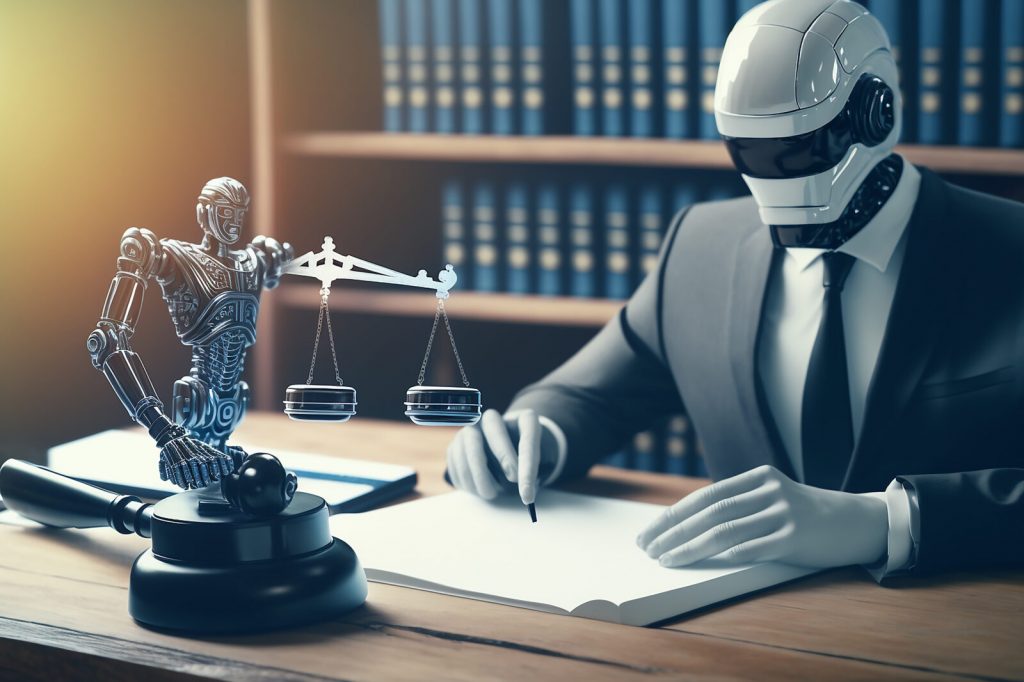
Artificial intelligence (AI) is increasingly becoming a significant force in law schools and the legal profession. At the ABA Techshow 2024, legal academics explored the transformative impact AI is having on legal services. By revolutionizing tasks traditionally handled by junior associates, such as document review and legal research, AI significantly enhances speed and efficiency. For instance, AI can scan millions of documents within days, a process that would take human workers months, thereby reducing costs and boosting productivity.
Challenges and Accuracy Concerns
Despite these advancements, the integration of AI is not without its challenges. The accuracy and reliability of AI tools remain a point of concern. Instances of AI tools, such as ChatGPT, generating incorrect or fabricated legal citations highlight the necessity for careful validation and oversight by human lawyers. This underlines the ongoing need for accuracy and reliability in AI applications within the legal field.
Want to know if you’re earning what you deserve? Find out with LawCrossing’s salary surveys.
Varied Approaches to AI Integration
Law firms are adopting diverse strategies for AI integration. Some firms are cautious, implementing AI tools in phases, while others, like Allen & Overy, are fully embracing AI with tools like the Harvey chatbot, which assists in tasks ranging from legal document creation to research. These varied approaches reflect the different levels of comfort and readiness within the legal industry regarding AI adoption.
Adapting Legal Education
In response to AI’s growing influence, law schools are adapting their curricula to prepare future lawyers for an AI-augmented legal landscape. By incorporating AI tools into their programs, these institutions aim to equip students with the skills needed to use these technologies effectively and ethically. This adaptation is crucial for preparing the next generation of legal professionals to navigate an increasingly tech-driven industry.
AI as an Augmentation Tool
Despite fears of job displacement due to automation, many in the legal profession view AI as a tool that enhances their capabilities rather than replacing them. AI can handle repetitive and time-consuming tasks, allowing lawyers to focus on more complex and strategic aspects of their work. This shift is prompting a reevaluation of traditional law firm structures, moving from a pyramid model, where many junior associates handle the bulk of the work, to a more streamlined, technology-integrated model.
Regulatory Developments
Regulators are also catching up with the rapid advancements in AI technology. Efforts are underway to establish guidelines and frameworks to ensure AI systems are transparent, unbiased, and safe, addressing concerns about privacy and data security. These regulatory measures are essential for maintaining trust and integrity in the use of AI within the legal profession.
Future Outlook
As the legal industry continues to navigate this technological evolution, the consensus at the ABA Techshow was one of cautious optimism. Many legal professionals are excited about the potential benefits AI can bring to the practice of law, while remaining mindful of the challenges and responsibilities that come with its integration.
Don’t be a silent ninja! Let us know your thoughts in the comment section below.

